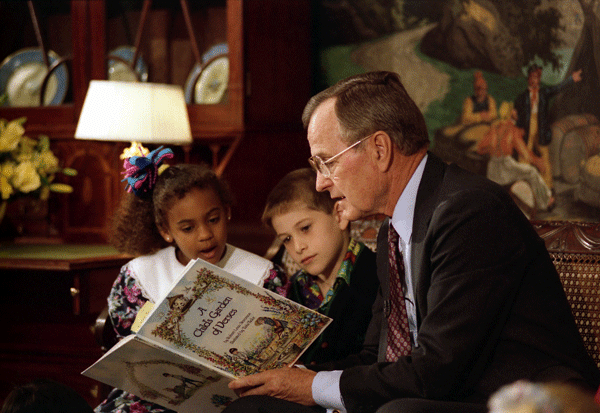How to Shape a Politician's Thinking

It is true that things are pretty grim out there. It's also true that one guaranteed way to make them worse is if we all walk off the field.
So should this note find you hiding way down under the covers, I get it; we're allowed some time off to reboot. But consider this your hand up out of the fetal position and back in the game.
Because democracy is understaffed right now. And we are needed.
Now let's get down to brass tacks.
"Let no one forget," author John Irving once said, "that when I say I am only a storyteller, I'm not being humble."
The way to a politician's heart is not necessarily through their bank account. In fact, the way to a politician's heart that's most accessible to the greatest number of us, is through their – wait for it – heart.
Specifically, with a story well told.
Politicians are drenched with stats and memos, talking points and messaging guidance. But what can lodge itself in their memory and really stick around is a good story about how policy could hurt/help.
What makes a story good? There isn't a magic formula, but here are a few useful features.
It's From and About Constituents
Politicians are beholden to their voters. If a voter tells their representative about how a piece of policy could better or worsen their lives - or prevent others from the hardship they're experiencing - that can be pretty sticky in an elected official's mind.
If we really want to up the ante, provide bulletproof data about how many other constituents are impacted by this issue. But only use credible data. As a professor I knew used to say, If you don't have good sources, you might as well say you got this from www.Imadethisstuffup.com.
It's Short + Every Word Counts
Specifically, it has a beginning, middle, and gives the politician a chance to write a happy ending.
For example:
A few days after my birthday [emotional hook], I was in a car accident that shattered my hip [beginning]. Now, I have so much medical debt, I might lose my apartment in Springfield [town in district] because I can't make rent [middle]. But if you can get a medical debt forgiveness bill introduced and passed, I - along with 1,500 other constituents struggling with medical debt, according to [insert credible source] - could start life over again.
Set up the problem and make the politician a hero by solving it.
And as E.B. White suggests in The Elements of Style suggests, "Be direct, simple, brief, vigorous and lucid."
It Acknowledges the Politician's Political Landscape
If there are reasons the politician wouldn't do what we're asking, it can be useful to name that upfront. It acknowledges that we get the political reality they operate in, which helps build trust, and trust increases the chances we'll be taken seriously. This all relies on us doing a bit of homework on the politician's prior stances.
A few framings, depending on the issue:
If the politician hasn't done anything on the issue before:
"You've been a champion on INSERT RELATED ISSUES; this is a natural extension of that."
If the politician isn't on the Committee that oversees that issue:
"I know this doesn't fall within your Committee assignments, but because of the number of impacted constituents, I think you'd be a strong voice to Committee members on this issue."
If the politician has opposed what we're asking:
"I know we might not see eye to eye on this, but I wanted to share my experience as you consider these issues."
Of course we'd love a politician to do a U-turn on their prior stances and agree with us wholeheartedly. But that's a tall hill to climb.
Instead, we could aim to get a foothold in someone's heart, to gently rattle how they understand an issue and the people who care about it. Plus, being able to disagree respectfully can go a long way towards building trust, and trust means even if we can't come to agreement on this issue, there's potential for a future conversation on another issue.
It's True
No hyperbole. No pruning the facts. Just the truth, the whole truth, and nothing but.
When ancient humans gathered around the fire, they didn't swap fact sheets. They told stories. Stories help make meaning of the world around us. And a story well told can help make policy to better that world.
